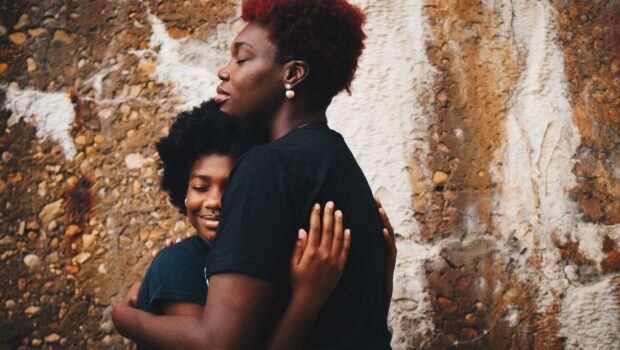Sorry seems to be the hardest word …
Have you ever apologised to your child?
Even parents are human too, and there are times we get it wrong, many times in my case! We fly off the handle, lose our cool, say things we regret, and it sometimes leaves our relationships feel unfixable, particularly with teens. But how often do we actually own up to our part in this?
Our children seem to know all the right buttons to press, and it is easy to put the blame on them, but these wise words; ‘Our kids are not giving us a hard time, they are having a hard time’ are a good reminder to look beyond their behaviour and our own, to what is really going on.
Remember, our children’s behaviour is an attempt to communicate with us in the only way they know how, and we need to honour that. If they could use their words, they would, but that isn’t always possible. In the words of L R Knost, an award-winning author and feminist; ‘When little people are overwhelmed by big emotions, it’s our job to share our calm, not join their chaos’.
We all want our children to be resilient and happy, but what can we do to help make this happen?
Professor of psychiatry Dr. Dan Siegel believes for children to feel secure; they need to be seen, soothed and kept safe, which makes up his four S model, but I would like to add a fifth S for good measure; the word sorry.
For your child to feel seen by you, he needs to know you genuinely love him for who he is; that means taking the time to really stop and notice what is really going on for him, and showing him, you understand and cherish him, even when you may not particularly like his behaviour.
For your child to feel soothed by you, she needs your help to make her feel calmer. Her distress is scary and overwhelming, and she needs you to co-regulate these out-of-control emotions, until she has learned to soothe herself.
Keeping children safe does not just mean physically, it means emotionally too. They need us to be attuned to what they need, when they need it, to know they will be safe and secure with us. However, parenting isn’t our sole purpose in life; we have competing tasks of work, other family members, household chores all requiring our attention, on top of our own varying moods and levels of tiredness. We will never get it 100% right and that is okay. We try our best and that is good enough, as long as, when we don’t get it right, we act. This is where the word sorry comes in.
There’s a common (though unwarranted) fear that an apology is an admission of fault or weakness, or that it undermines our parental authority. Yet every child knows deep down when someone has done a bad thing, including mum and dad. When parents insist they can do no wrong, it sets the stage for moral confusion. The child may start to doubt their innate sense of right and wrong. To ignore this is to risk damaging your child’s self-esteem and skewing his or her emerging moral compass.
It’s too easy to let shame or denial set in when we have lost control and not done the best by our kids, but leaving this to fester, does deepen the disconnect in our relationship with our children. By acknowledging your part in the issue, you are not only showing them you value them and your relationship, but also modelling how healthy relationships work; teaching kids it is possible to say sorry and reconnect with friends and family.So, don’t let a little word come between you and your child. Go on, be brave. Say sorry. You and your child will benefit now, and in the future.





Comments